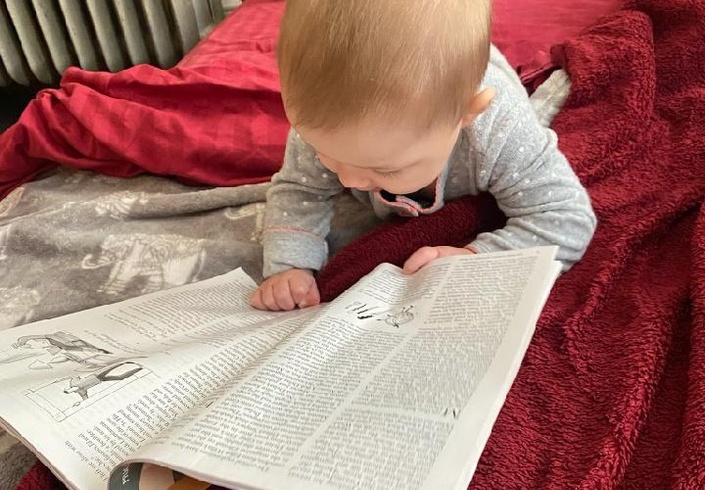Land and Leadership Initiative
The Land and Leadership Initiative (LALI) provides strategic support and educational opportunities for current and emerging leaders, helping them to see and act on the potential to address society's major challenges—food, water, climate, conflict, health—by collaborating with nature and each other.
Courses
$600every 6 months

